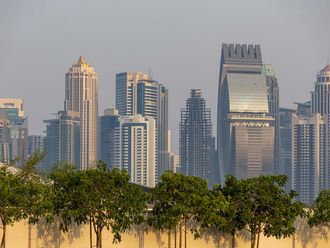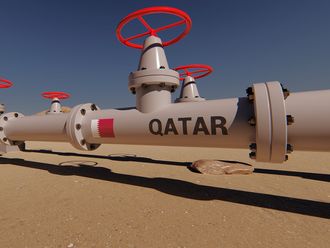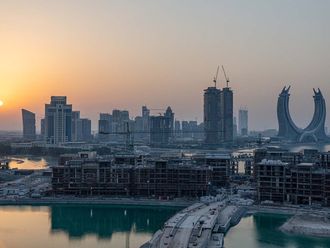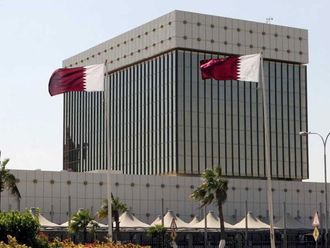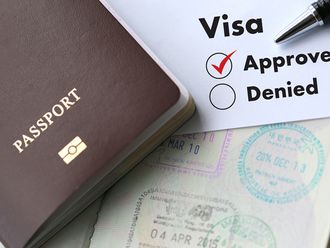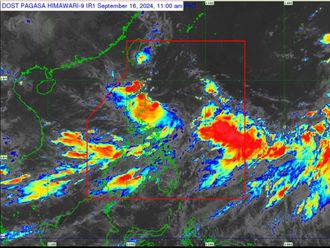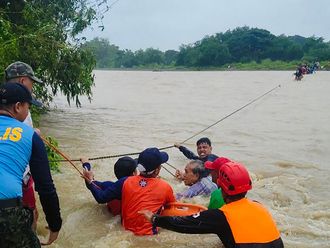Manama: An analysis paper on the role of pipelines in energising peace and cooperation instead of sparking competition and tension in the region will be soon released by a research centre in Qatar.
The paper “Energizing Peace: The Role of Pipelines in Regional Cooperation”, by the Brookings Doha Center discusses competition over natural resources, such as gas and oil, and details how it can quickly turn into conflict as competing factions - be they individuals, ethnic groups, or governments - vie for control.
While there has been much scholarship of how oil and gas have created tensions among regional actors, very little attention has been paid to the propensity for oil and gas as a means of conflict prevention between rival neighbouring states, a Brookings Doha Center press note said.
“In this new analysis paper, Brookings Doha Center Visiting Fellow Saleem H Ali presents research findings on existing pipeline systems in the Middle East and North Africa in order to glean lessons for South Asian pipeline proposals”, the press note said, quoted by Qatari daily The Peninsula.
The paper argues that given the right conditions, a shared need for resource commerce can be a means to fostering cooperation and strengthening of relations between states.
The paper offers several recommendations for the international community, as well as oil-producing countries that integrate energy transit and transport as part of a broader framework for economic and security cooperation including giving priority to infrastructure projects that have potential to spur cooperation, particularly in the gas sector, providing support for an international legal regime applicable to pipelines and encouraging regional development organisations to consider pipeline projects as a tool for meeting their regional cooperation goals and setting up working groups to develop such projects.
The analysis paper, published in English and Arabic, represents a commitment from the Brookings Doha Center to make its scholarship available to a broad range of readers-from policy makers in Washington and around the world, to influential audiences in the Arab world, the statement said.
Study examines role of pipelines in fostering regional peace
Research paper examines the role of pipelines in fostering regional peace


